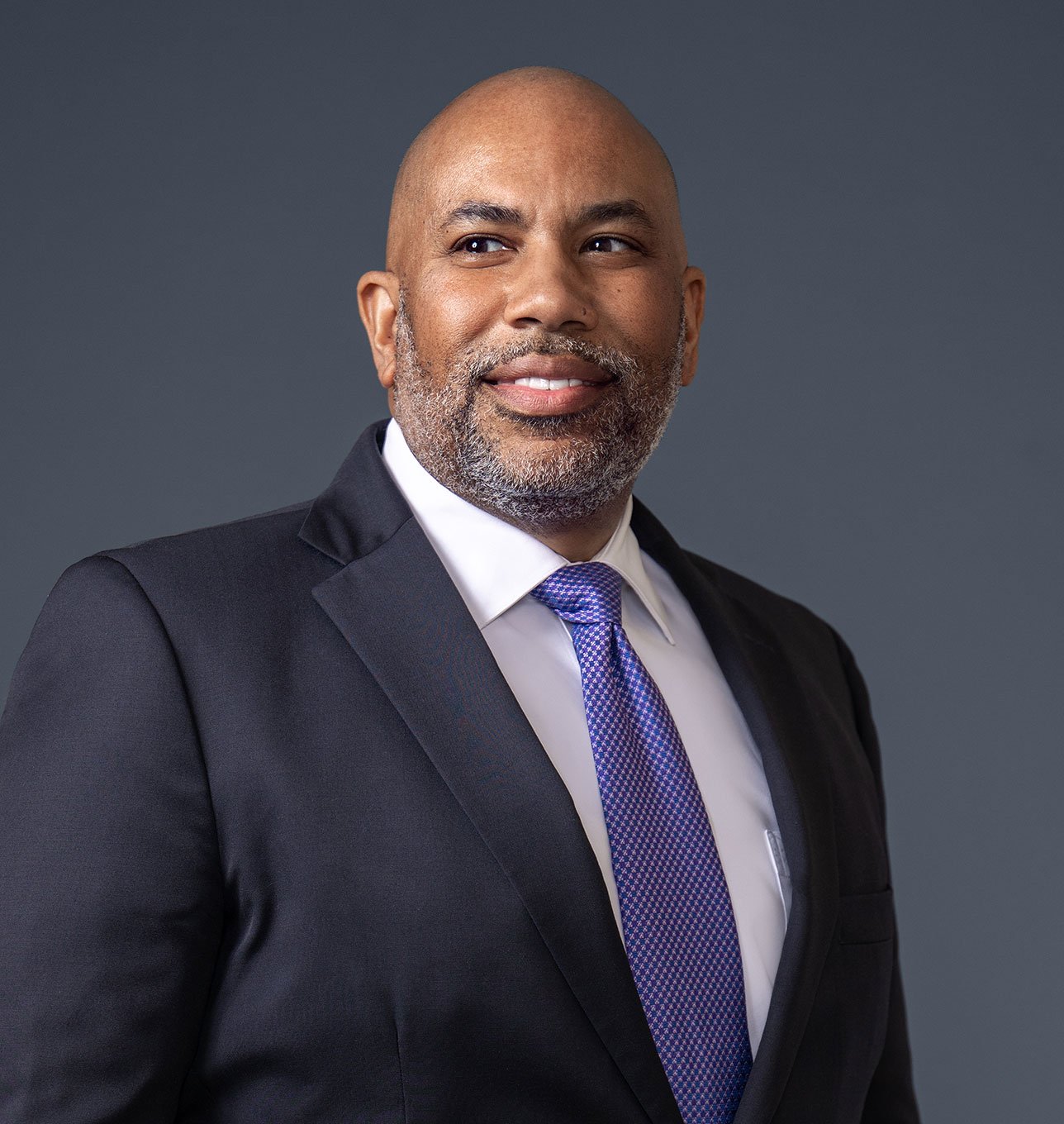What Is the Role of a Special Master in E-Discovery Disputes?
Scenario
A complex civil litigation involves multiple defendants, multiple classes of plaintiffs, and complicated causes of action that hinge on synthesizing large amounts of data. The plaintiffs seek broad discovery of defendants’ data, business records, instant messaging systems, phone records, text messages, and other electronic materials. The parties disagree about the types of information to which plaintiffs are entitled during discovery under Federal Rule of Civil Procedure 26 as well as the tools the defendants should use to determine what information they should produce to the plaintiffs. The parties have tried to resolve their differences through a series of meet and confers, but their disagreements have devolved into a stalemate.
Background
Federal Rule of Civil Procedure 53 governs the appointment of special masters. Under that rule, a judge may appoint a special master for e-discovery purposes under two scenarios: (1) when the parties consent to have a special master perform certain duties or (2) when the judge decides a special master is needed to address pre-trial matters that the court itself cannot efficiently resolve.
Even though a special master is not an appointed Article III judge, a special master functions as an extended arm of the court. When a judge appoints a special master, the judge must outline the special master’s duties. Once the judge determines the scope of the special master’s role in the litigation, the special master can issue orders and recommendations, which the court will then choose to adopt, reject, or modify. The parties can also choose to contest the special master’s determinations. Rule 53 also instructs the court how to review decisions by the special master.
Who can be a special master in e-discovery disputes?
A special master overseeing e-discovery should bring both legal and technical expertise to the litigation.
Some federal district courts have put in place application processes to ensure e-discovery special masters bring specialized experience to litigants’ disputes. For example, the Western District of Pennsylvania implemented a Panel of Special Masters for Electronic Discovery. In order to be appointed, lawyers must apply to the panel and demonstrate their expertise in relevant areas. Specially, panel members in the Western District of Pennsylvania must meet at least three of the following criteria:
- Serving as a lead attorney in litigation involving major e-discovery issues, such as ESI protocol, retrieval, and production
- Leading 10 hours of e-discovery CLE trainings
- Writing articles or other publications on e-discovery issues
- Working on e-discovery committees for a bar association
- Prior experience as an e-discovery special master
Only after demonstrating that they meet the criteria may a lawyer be appointed to the panel in the Western District of Pennsylvania. The Seventh Circuit has a similar program for special masters.
When is it beneficial to use a special master?
Special masters can help parties minimize costs. While it is true that the parties must pay for the use of a special master, having a third party with expertise review disputes can often be quicker and less costly than having the parties battle it out through unsuccessful meet and confer meetings and motions practice. And a special master can often resolve issues more quickly than the court. Therefore, the parties will be able to continue litigating with fewer interruptions to their pre-trial schedule.
Discovery is often one of the most costly aspects of litigation. It involves complex technology, a milieu of legal issues, and detailed factual investigations. In e-discovery disputes, a special master can serve in both the facilitator and dispute resolution function.
A special master can be appointed before any disputes arise and serve as a facilitator, assisting the parties in crafting discovery protocol early on in litigation. Prospectively, a special master can help craft discovery and electronically-stored information (ESI) protocol.
In addition, a special master can help resolve disputes once discovery is well underway; a special master with subject matter expertise can simplify the issues and make decisions when the parties are unable to agree, ultimately saving time and reducing costs. When disputes arise around ESI once discovery is underway, a special master can help disputing parties streamline proceedings by issuing recommendations on issues like search terms and the appropriate review technology that a producing party should use when responding to requests for production (such as TAR or keyword searches).
Special masters are particularly helpful to resolve disputes when the parties own negotiations have ceased to be productive. In a recent case, the court appointed a special master after the parties were unable to resolve discovery disputes on their own. The special master held multiple conferences with the parties to help resolve some of their conflicting views on discovery. And when the special master determined the parties could not come to agreement on three remaining issues, the special master had the parties engage in motions practice so he could determine the scope of production that was still subject to dispute.
Conclusion
Special masters provide efficiency, expertise, and decisiveness that can assist parties during discovery. Though special masters are most commonly associated with complex civil litigation—such as antitrust or products liability disputes—their expertise can be leveraged in all kinds of disputes. As technological issues in litigation increases, parties can consider the benefit of using a special master for e-discovery disputes.




